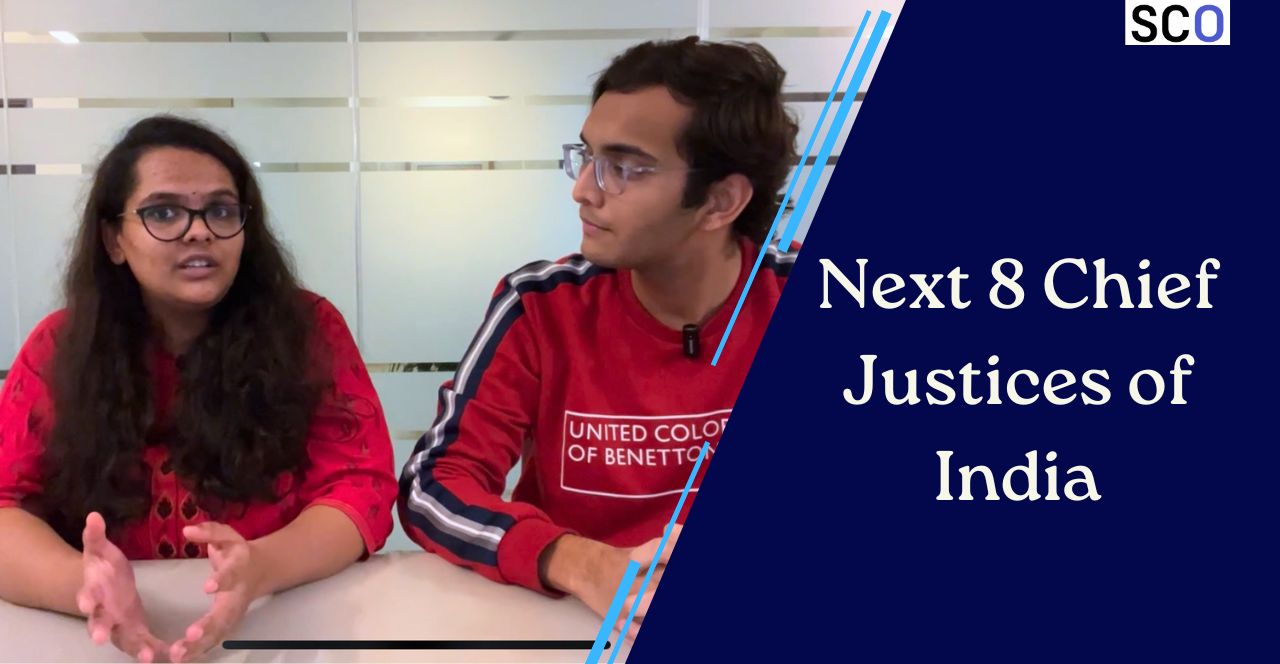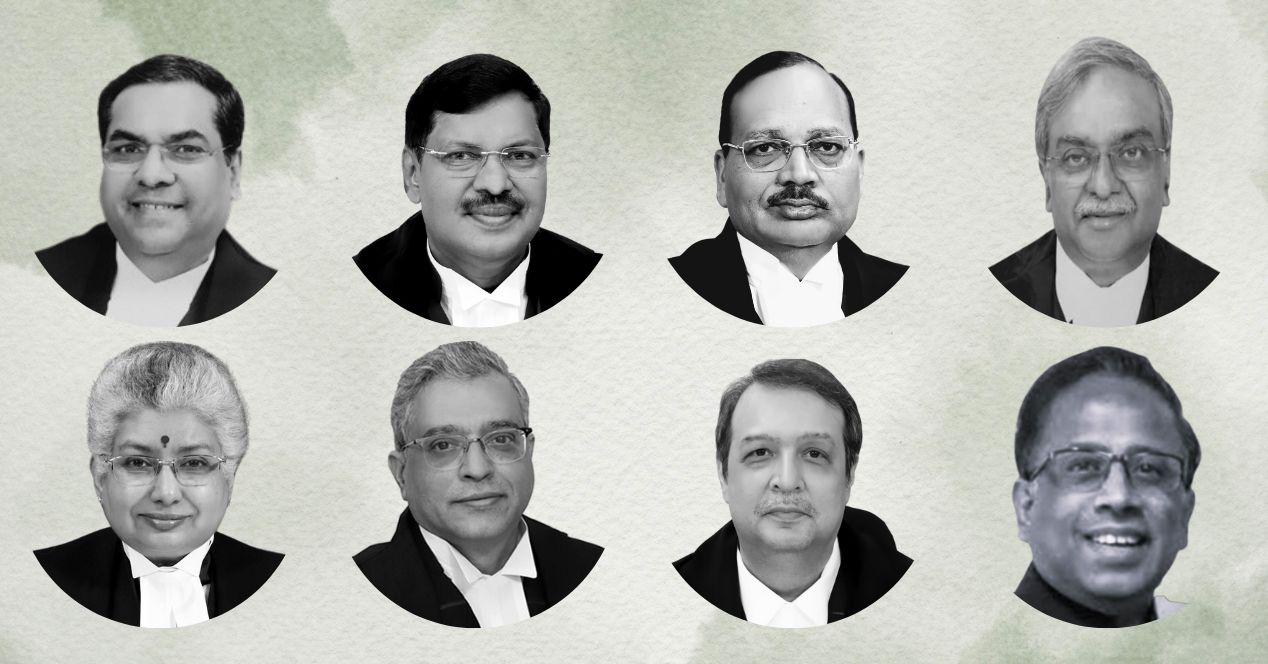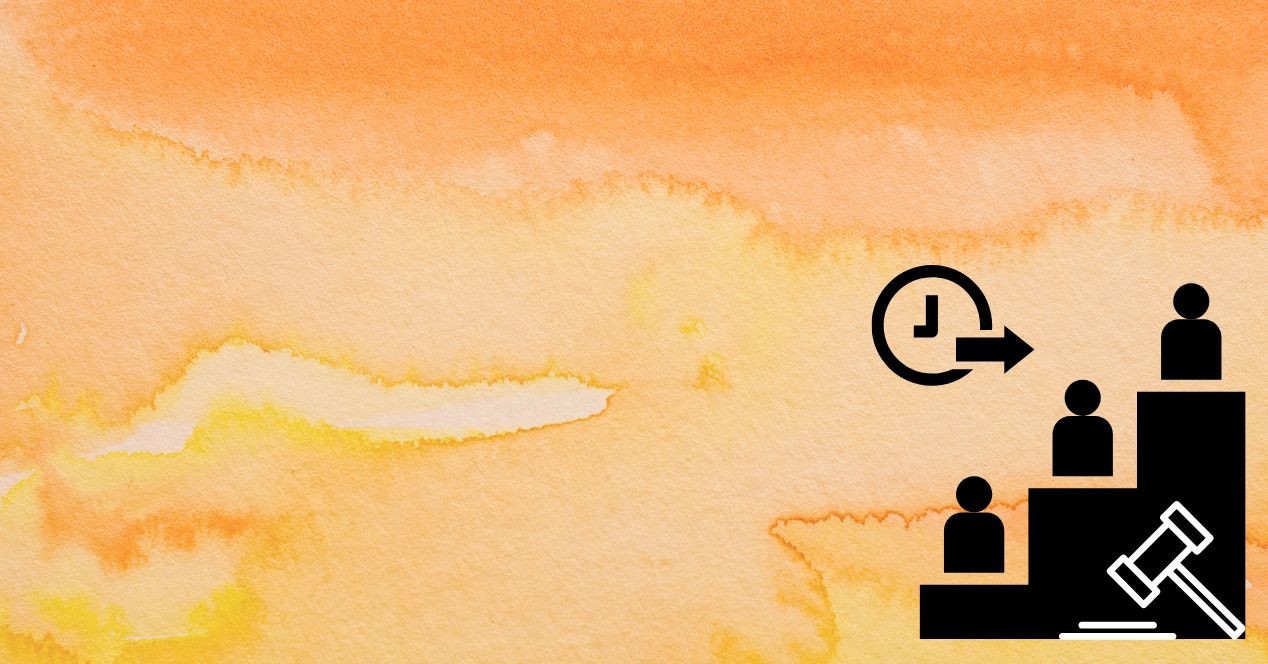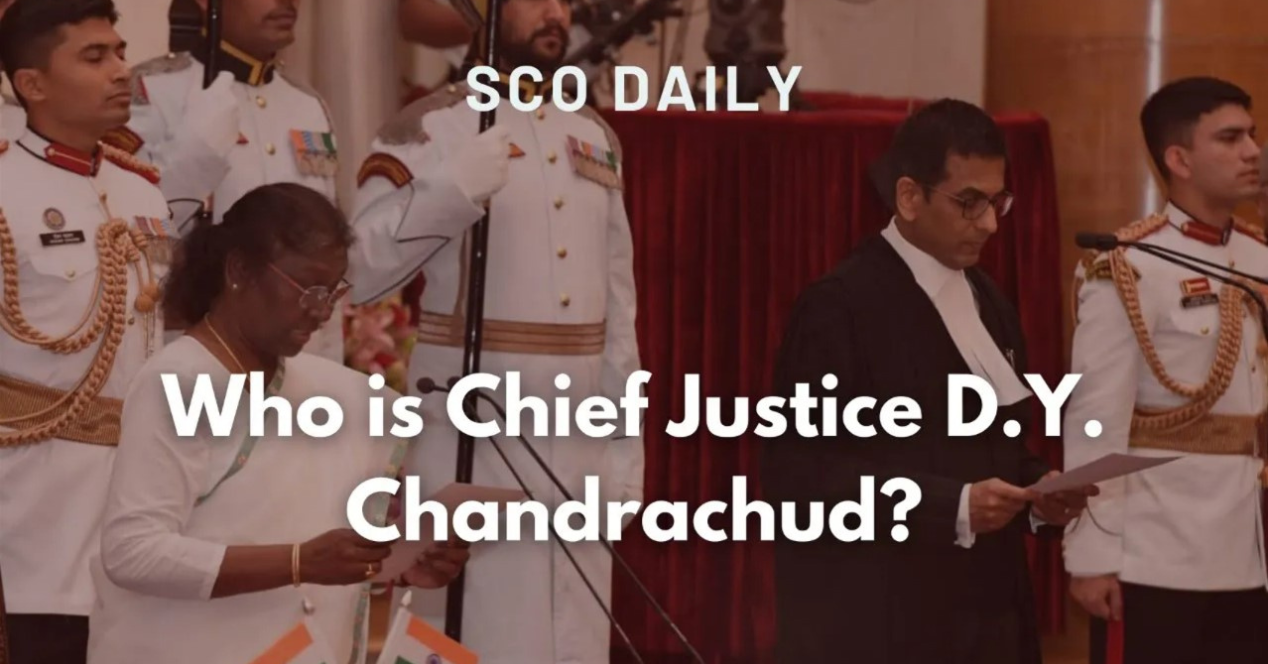Analysis
“Passing the baton”: D.Y. Chandrachud nominates Sanjiv Khanna as the next Chief Justice of India
If the nomination is accepted by the Union, Justice Khanna will serve as India’s 51st Chief Justice from 11 November 2024
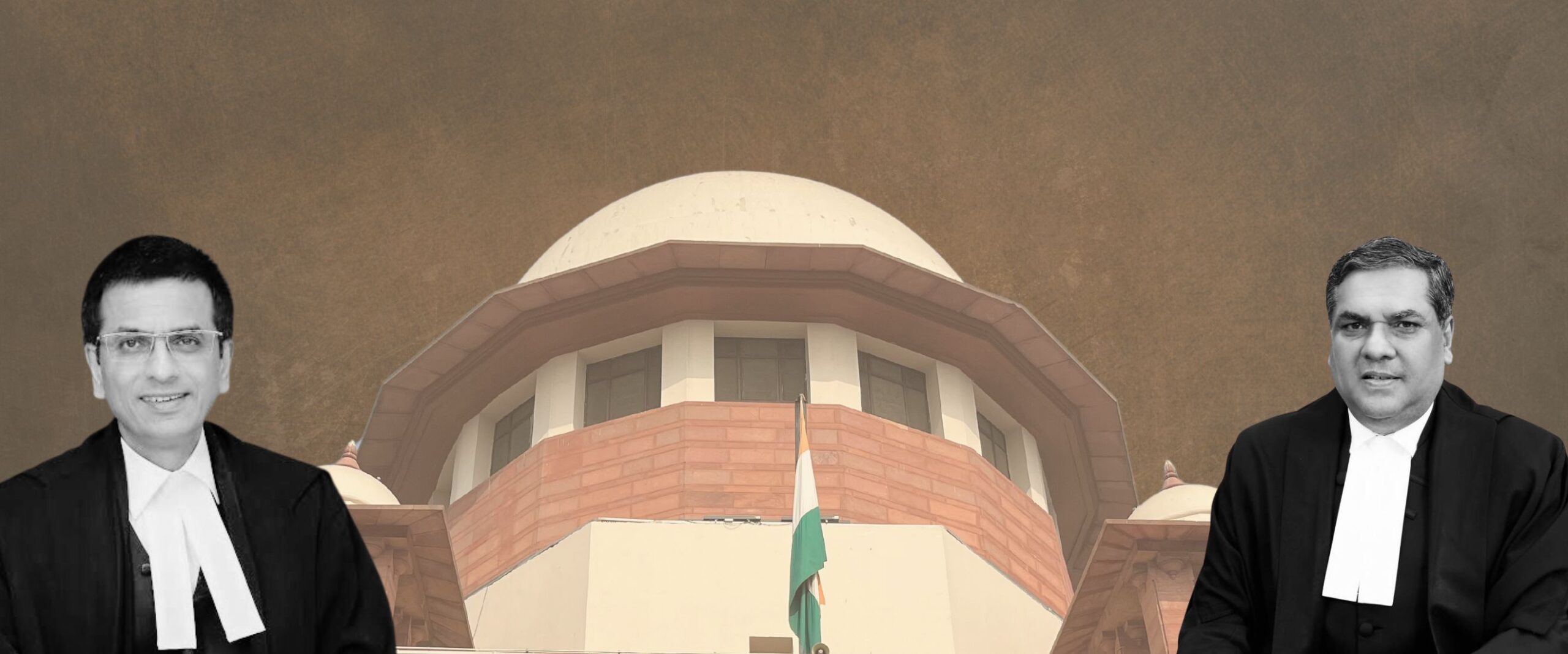
On 17 October 2024, incumbent Chief Justice D.Y. Chandrachud formally recommended Justice Sanjiv Khanna be appointed the next Chief Justice of India. CJI Chandrachud is set to retire on 10 November 2024. If the Union Government approves the Chief’s nomination, Justice Khanna will assume his mantle the next day. The Union government had written to CJI Chandrachud asking him for his recommendation last week.
Traditions and rules
Tradition has dictated that the sitting Chief recommend the senior-most judge to be the next Chief Justice upon their retirement from the bench. This long-standing tradition has since been enshrined in the first section of the Memorandum of Procedure (1999) (MoP), which also provides the rules for appointing judges to the Supreme Court and High Courts across the country. According to the MoP, should the sitting Chief Justice decide not to go with the senior-most judge, they must consult other judges under Article 124.
So far, there have only been three instances when the senior-most judge was superseded for the Chief Justice position. The last time this occurred was in 1977 when H.R. Khanna was overlooked for M.H. Beg.
Justice Khanna: The next in line
Of the judges currently in the Supreme Court, Justice Khanna has served the longest after CJI Chandrachud, fitting the criteria of the MoP. He was elevated to the Supreme Court on 18 January 2019 after serving as a judge in the Delhi High Court for approximately 13.5 years.
He was first appointed to the Delhi High Court on 24 June 2005 as an Additional Judge before joining the High Court permanently on 20 February 2006.
Since his elevation to the Supreme Court, Justice Khanna has been a part of some noteworthy cases. He has also made appearances on Constitution Benches— four during CJI Chandrachud’s tenure and five during the brief tenure of CJI U.U. Lalit.
Notably, in 2023, Justice Khanna authored a concurring opinion that sanctioned the government’s abrogation of Article 370, adding that the creation of the Union Territories of J&K and Ladakh was justified by “very strong and cogent grounds.” Earlier that year, he authored the judgement on behalf of the five-judge Constitution Bench in Shilpa Sailesh v Varun Sreenivasan. The bench unanimously held that the Supreme Court could use Article 142 of the Constitution to directly dissolve a marriage on the ground of “irretrievable breakdown”.
Division Benches led by Justice Khanna have also delivered significant judgements. In 2019, he was part of a three-judge bench that ordered the Election Commission to increase the number of voting booths that undergo physical inspection of VVPAT (Voter Verified Paper Audit Trail) slips to five booths per constituency. A review petition was filed shortly after asking for 50% of booths to be verified, but the Court declined to modify its previous order. In 2024, a Khanna bench rejected another plea, this time for 100% of booths to be verified.
In 2019, he was on a bench that declined to intervene when the Election Commission passed an order that prevented a biopic of Prime Minister Narendra Modi from screening in theatres.
In 2024, he was on a two-judge bench that granted interim bail to Delhi Chief Minister Arvind Kejriwal in an Enforcement Directorate (ED) case. Justice Khanna stated that the “right to life and liberty is sacrosanct,” and with Kejriwal having been in jail for 90 days without trial, the judges believed bail was warranted.
If approved by the Union Government, Justice Khanna will serve as Chief Justice for approximately six months before he reaches the mandatory retirement age on 13 May 2025. If he follows tradition like his predecessor, he is expected to be succeeded by Justice B.R. Gavai.

